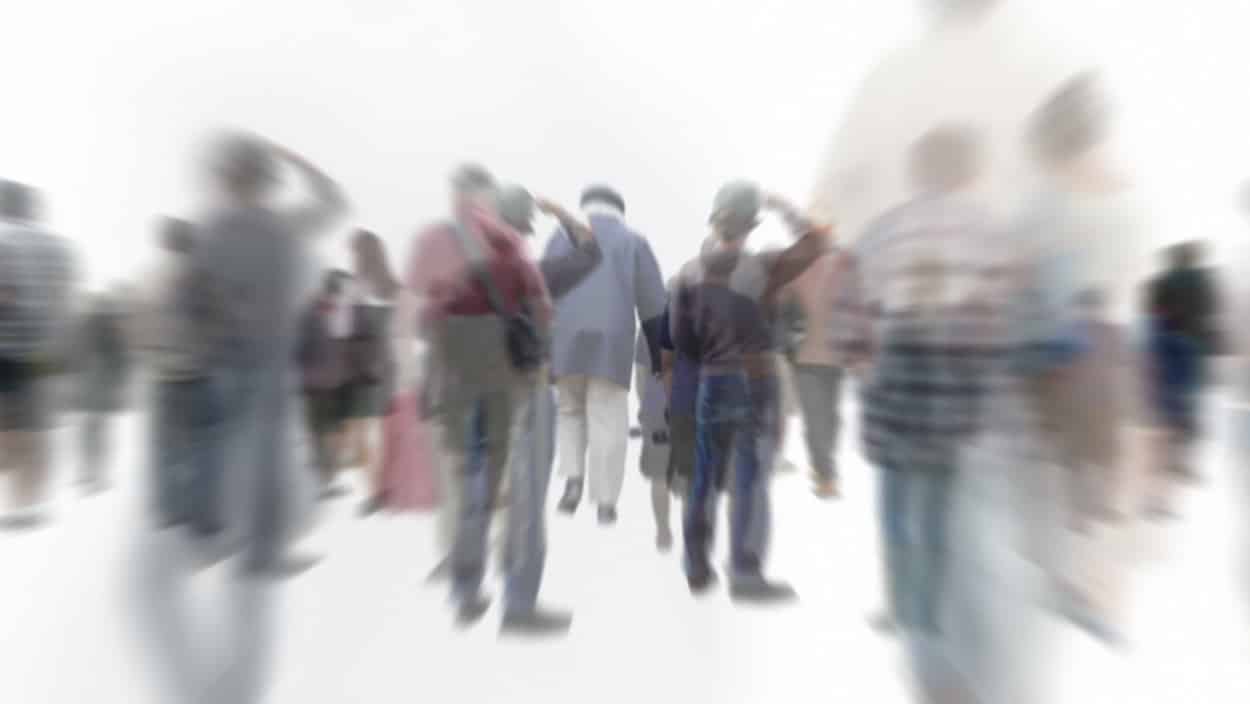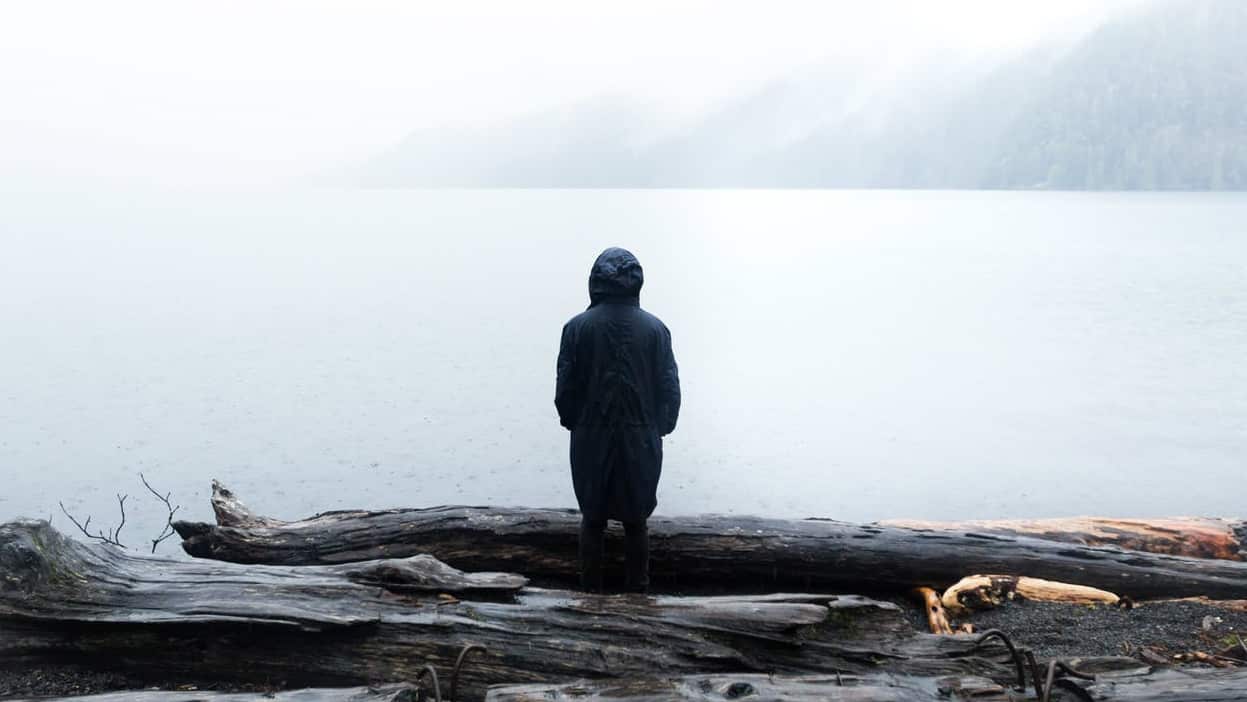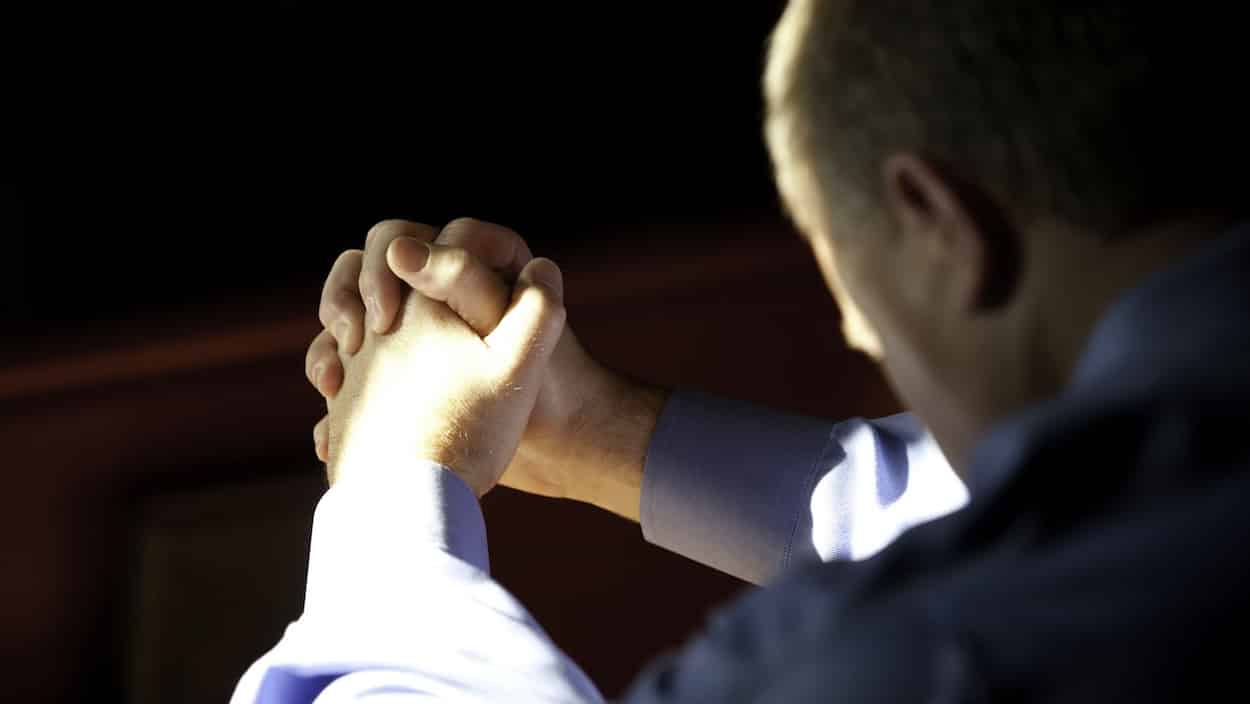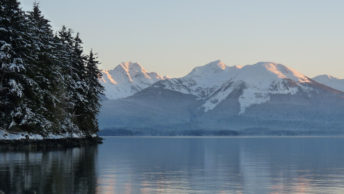Though the Covid, the nation’s first pandemic in just over a century, may seem like a distant memory, it caused a national stress that reaped an incalculable physical and mental harm on several millions of our people, especially our children that still lingers today. Many died, other still have chronic physical and emotional issues from the deadly disease. Mental illnesses, such as depression and anxiety disorders, have been solidly ingrained in our culture since the lockdowns. Suicides are on the upswing as is school truancy.
For many the stress is palpable. It has evoked the old saying that stress kills. Others will counsel that stress doesn’t kill. It is our reaction to it that does. Our human biology provides special hormones that activate when stress knocks at our door. These have led to the adage of fight or flight. This might work in marital discord or sometimes in war but in other circumstances, neither is applicable, especially incurable diseases.
Fear of impending doom goes back to the beginning of mankind. I can only imagine how terrorizing it must have been, to be chased by dinosaurs or other predators of pre-history. The unwritten truth of stress is that the persistent fear of death or loss, either of one’s life or something vitally important can obsess us. One major cause of stress is natural disasters, such as hurricanes, tornadoes, earthquakes, floods and droughts. People usually rebound from these but the surrounding tension and its aftermath is immense, especially where fatalities are involved and homes and businesses are swept from the earth.
Since the 20th century, many charlatans have appeared to foretell of another Ice Age. This has morphed into its climatological opposite, Global Warming and its more nebulous substitute, Climate Change. The idea of a man-made climate catastrophe would be risible, if so many had not fallen for the hoax, fostered by its prophets of doom in science, government and the media. Al Gore and others have made fortunes from this public fraud. The press, especially the New York Times, have exacerbated the situation with salacious headlines, like Hope and Despair in a Boiling Planet. My thoughts echo those of St. Lawrence, who on his death grill quipped, turn me over I am done on this side.
This near-universal fear has caused panic among the world’s youth, especially impressible former teens such as Sweden’s Greta Thunberg. These poor kids fear that they will not live to marry, have families and grow old with them. I know how they feel. I remember I read or was told in grade school that the Third Secret of Fatima said the world was to end in 1960. I foolishly believed that falsehood and when New Years Eve arrived years later, I held my breath as the clock struck midnight on January 1st.
Wars are another prime cause for stress. Virtually every generation has its own war, though some are more threatening than others. Four years of Junior ROTC military training in my Jesuit high school taught me that I had no business being in the military. When Vietnam came while I was finishing college, I vowed to join the navy if the Army ever called me. I used to quip that history teachers made terrible guerrilla fighters in the Asian jungles. It was a blessing that my phone never rang.
I know it is a paradox but I have been fascinated by war movies since my father took me to see John Wayne in the film Iwo Jima when I was eight-years old. I have seen that and Randoph Scott’s Gung Ho several times over the years. Both films were sanitized to lessen the emotional and physical destruction that a bloody war wreaks on the human body and soul. I think I wanted to vicariously see and feel what combat looked like.
Years later, during the aforementioned Vietnam War, several companies produced anti-war films, a genre that dated back to All Quiet on the Western Front. But these new films, like The Deer Hunter, Apocalypse Now and Full Metal Jacket did a masterful job in capturing the inhumanity and insanity of warfare. But even then, they seemed to be lacking something. I think such poignant war novels, such as World War II veteran James Jones’ From Here to Eternity and The Thin Red Line and Greek classics, such as Homer’s The Trojan Wars provided the missing link. They transcended the bloody carnage by delving more deeply into the psychological anguish of facing instant death in combat.
Just recently, I tortured myself with the bloody chaos in the film, Hacksaw Ridge, on Netflix. The bloodshed and blown away limbs were more graphic than that of Saving Private Ryan’s opening battle scene. I also recently repeated seeing the two 10-part series on World War II, also showing on Netflix. The first one was based on historian Stephen Ambrose’s book, The Band of Brothers. The Pacific was produced by Steven Spielberg and actor Tom Hanks. These series intensified my revulsion at what war has done to virtually every generation in the 20th century. They all had the bloody fingerprints of the Loss of Eden on them.
The Band of Brothers traced the exploits of the 101st Airborne’s Easy Company from boot camp through several battles up to its liberation of a Nazi concentration camp. Its focus on a small group of men underscored the raw emotions of physical and mental suffering, the soldiers endured on a daily basis. Several interviews of the company’s survivors provided a dramatic representation of what the stress of real war actually was. Hell seems to be a fair analogy.
The war in the Pacific had a completely different feel to it. Just as World War I was characterized by trench warfare, the fight against Japan was illustrated by several suicide charges of Japanese soldiers, often at night where Americans mowed down thousands of them. It lacked the personal interviews of The Band of Brothers and focused too often on the soldiers R&R in distant locales far from the sweltering jungle. It did contrast the American’s intense hatred and sadistic brutality in the killing of their Asian enemies with the more businesslike dispatching of their German foes.
My uncle Al had been traumatized by his four years in that theater. Though I thought he was safe in the Signal Corps, he endured three weeks in his foxhole, not knowing if he would be alive in the morning. When it finally arrived there were hundreds of Japanese bodies all over the field. My late wife’s grandmother had an elderly friend who had survived the Marne. He was very quiet, even sullen as he sat on their porch. It was said that he would never talk about his war experiences in France.
I have talked with a number of Vietnam veterans over the years. Some still have vivid nightmares. The families of all war veterans bear the stress in a different way, which revolves around the agonizing waiting for the telegram from the War Department that might bear the bad news that only war can bring. Mel Gibson’s 2000 movie, We Were Soldiers, perfectly captured all of these raw and painful moments of the soldiers’ families.
War and its attendant civilian bombings underscore its terror and how it can be a scourge to humankind. The Ukrainians have had to live with the threat of instant death for over the past 675 days. They know the meaning of stress. Bishop Fulton J. Sheen often quoted historian Arnold Toynbee, who wrote that in the recorded history of the world there had been only 22 years where peace reigned. As the scorpion said to the frog, as they both sank in the fable, It’s in me nature! The war gene or propensity for violence must reside in our DNA. My first thought is of Cain and Abel.
Most people do not have to bear these kinds of extreme stress. Yet everyday stress is with all of us, who live in this world. Fear and anxiety about political and economic uncertainty of the future head the list. They are followed by work, marriage, raising children, the empty nest, the loss of a spouse, divorce, serious illnesses or injuries and so on. Psychologists tell us if we suffer from a number of these in a calendar year, we are more than likely going to develop some sort of chronic illness, like High Blood Pressure.
In a recent Wall Street Journal, columnist Andy Kessler attempted to answer the prescient question of Why is Anxiety Rising? One category he underscored was what he called Speaking Anxiety, which referred to the indoctrination of microaggressions that is being waged on most college students, who do not subscribe to the Woke culture.
The secret is then again, how we handle our individual stresses, which I see as small, medium or large crosses sent to us because of the stain of original sin. Many people, especially in today’s godless-directed life styles depend on sedatives, in liquid and solid form, sexual dalliances, listening to different kinds of music, yoga, physical training, sports, such as jogging, swimming or bike riding. Many people still use prayer and religious devotion to help them through stressful moments.
As for myself, I have had many stresses in my life, which include some of the above, including raising children and losing a spouse. My wife Anna has also lost a spouse and her family business. When we moved to the South, we chose to build a new home. At our advanced ages, this was in retrospect, not a very good life decision. But what is done, is done.
There have been a myriad of stresses from day one when we both contracted the Covid at our closing over a year ago. It has exacted a serious toll on us. Fortunately we have been on the same page and her family has helped a good deal. But the home is riven with several defects, many of which are just poor workmanship that should be easily fixed. But there are a couple difficulties which may be structural.
Most real estate laws seem to favor the builders, so our herculean task has been to get them to fix everything in a timely manner. After months of delays, real and otherwise, we seem to be making some progress but it still remains to be seen how this will work out. We have a truckload of prayers on God’s doorstep, so I am hopeful we can bring it to a speedy conclusion.








